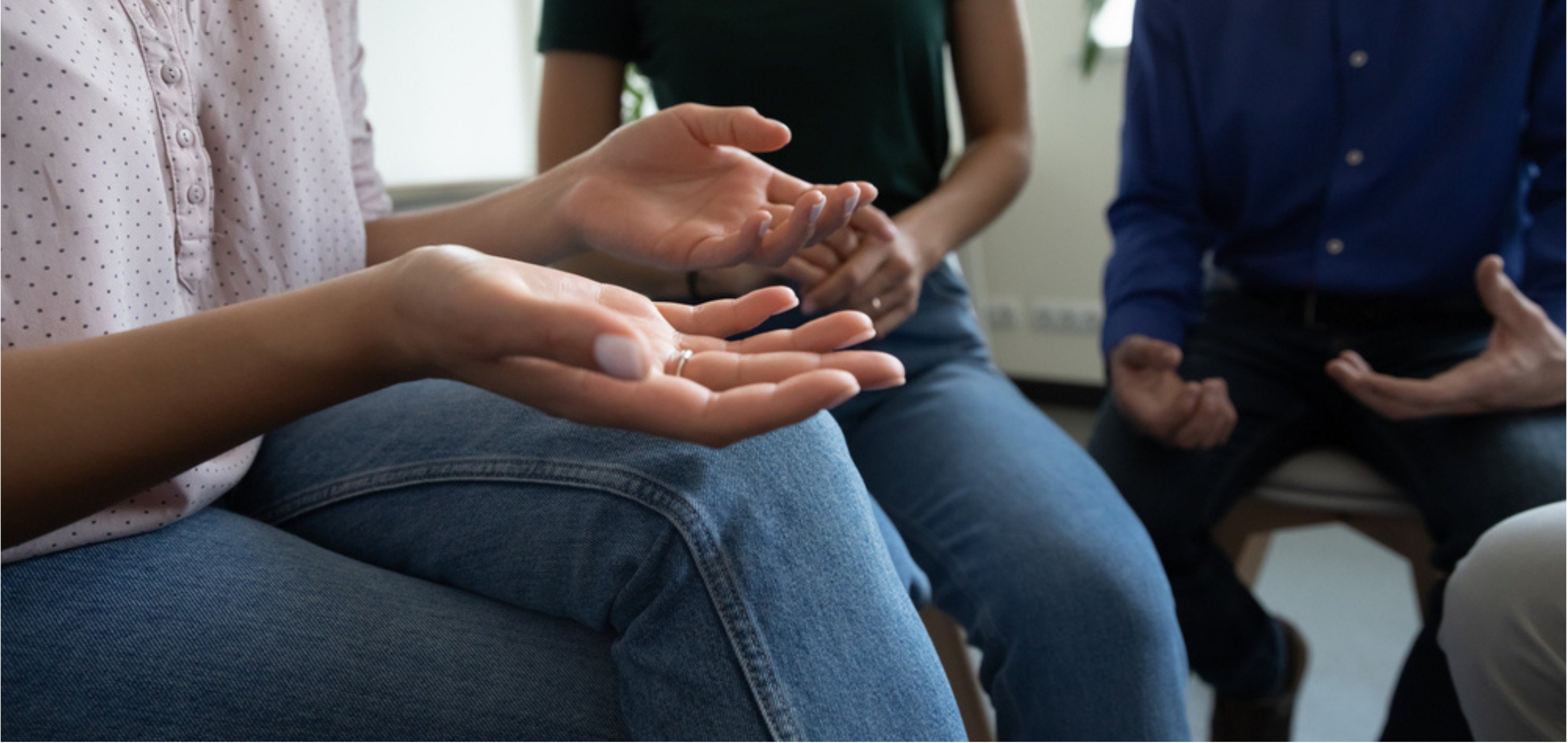
Written by:

Medically Reviewed by:
Last Updated:
February 14th, 2025
Ecstasy Rehab
What is ecstasy rehab?
Ecstasy rehab is a specialised treatment programme designed to help individuals overcome their dependency on the drug, commonly known as MDMA. While ecstasy doesn’t typically lead to physical withdrawal symptoms, its psychological effects can be profound and long-lasting.
Ecstasy rehab provides a structured environment where individuals can safely manage these effects, explore the reasons behind their ecstasy use, and work towards sustainable recovery.
Through a combination of therapies and aftercare support, rehab focuses on healing both the mind and body, addressing any underlying emotional challenges and equipping individuals with the tools needed to live a fulfilling, drug-free life.

Do addictions to ecstasy require rehab?
When people think of rehab, they often associate it with substances like heroin or cocaine. However, ecstasy addiction can also require rehab, especially when its psychological effects become overwhelming. While ecstasy use rarely results in physical withdrawal symptoms, psychological withdrawal can manifest in distressing ways, such as anxiety, depression, or even flashbacks. These flashbacks (re-experiencing intense or distressing moments related to previous drug use) can feel unsettling and are a common reason individuals seek professional support.
Ecstasy rehab provides a safe space to manage these symptoms, offering round-the-clock care and expert guidance to navigate the psychological challenges of ecstasy withdrawal. It also creates the perfect opportunity to uncover the underlying reasons behind ecstasy use, whether it’s something that’s gone from fun to problematic or for coping with unresolved emotional issues. By addressing the root causes, rehab lays the groundwork for lasting recovery.
Do I need ecstasy rehab?
It’s natural to feel sceptical about whether or not you need rehab for ecstasy use, especially if you were using it ‘just to have fun’ in a party environment. But addiction often has a way of convincing us that we need the substance to function normally. This is why it’s important to check in on yourself, particularly if ecstasy use has become frequent or feels necessary.
To help you assess whether ecstasy rehab might be right for you, here are six questions to ask yourself. If you answer ‘yes’ to any of them, it could indicate the need for professional support:
- Do you feel anxious or unsettled when you’re not using ecstasy?
- Have you experienced distressing flashbacks or intrusive thoughts related to past ecstasy use?
- Do you rely on ecstasy to enjoy social events or connect with others?
- Have you noticed a decline in your mental health, such as increased anxiety or depression?
- Do you use ecstasy as a way to avoid dealing with life’s challenges?
- Has your ecstasy use led to problems at work, school, or in your personal relationships?
Recognising the need for help is a courageous step. If these questions resonate with you, consider seeking support to regain control and find healthier ways to navigate life.
What happens in ecstasy rehab?
If you’re apprehensive about rehab, you’re not alone. Many people worry that rehab will feel like a punishment or even a prison sentence. However, ecstasy rehab is far from this. It’s a compassionate and supportive environment tailored to your needs. One reason you may not hear much about ecstasy rehab is that it’s often a deeply personal journey, and those who have been through it may not openly share their experiences.
Here’s a look at what to expect during the process.
Initial assessment
The first step in rehab is an initial assessment. This involves speaking with professionals about your history of ecstasy use, any physical or mental health concerns, and your personal goals for recovery. This helps create a personalised treatment plan designed to address your unique needs and challenges.
Detox
Although ecstasy doesn’t typically cause physical withdrawal symptoms, detoxing is an essential part of rehab. This stage focuses on clearing the drug from your system while managing any psychological effects, such as anxiety or mood swings. Medical professionals are on hand to ensure your safety and comfort throughout the process.
Therapy
Therapy is at the heart of ecstasy rehab. You’ll work with experienced therapists to uncover the reasons behind your drug use, address any unresolved emotional challenges, and develop healthier coping mechanisms. A combination of one-to-one counselling, group sessions, and holistic therapies ensures a comprehensive approach to healing.
Aftercare
Recovery doesn’t end when you leave rehab. Aftercare programmes provide ongoing support to help you maintain your progress and prevent relapse. This includes access to support groups, regular check-ins with therapists, and resources to help you navigate life without ecstasy.
A closer look at therapy in ecstasy rehab
Therapies at Liberty House are carefully designed to treat both the body and mind, as both are equally important in overcoming ecstasy addiction. We understand that the idea of therapy can feel daunting, especially if you’re unsure of its purpose or find the thought of opening up uncomfortable. Below, we explain some of the most effective therapies we use and how they can help with ecstasy addiction.
Cognitive behavioural therapy (CBT)
CBT focuses on identifying and changing negative thought patterns that may drive your ecstasy use. For example, if you use the drug to cope with social anxiety, CBT helps you develop healthier ways to manage those feelings. It’s an evidence-based approach that equips you with tools to challenge unhelpful beliefs and prevent relapse.
Dialectical behaviour therapy (DBT)
DBT is particularly effective for individuals who struggle with intense emotions or co-occurring mental health issues. It combines mindfulness practices with strategies to regulate emotions, improve interpersonal relationships, and build resilience, all of which are key skills for dealing with a life without ecstasy.
Group therapy
Group therapy provides a supportive space where you can share experiences, learn from others, and build connections with people who understand what you’re going through. It’s an opportunity to feel less alone in your journey and gain insights from different perspectives.
One-to-one therapy
In one-to-one sessions, you’ll work closely with a therapist to explore the deeper reasons behind your ecstasy use. There could be a lot of issues at play, like unresolved trauma or a desire to escape reality, and these sessions are tailored to your unique experiences.
Holistic therapies
Holistic therapies, such as art therapy, yoga, and meditation, complement traditional approaches by promoting overall well-being. These therapies encourage self-expression, reduce stress, and help you reconnect with your body and mind. For instance, yoga can improve emotional regulation, while art therapy provides an outlet for processing complex feelings.
Take the first step towards recovery
If ecstasy addiction is affecting your life or the life of someone you care about, Liberty House is here to help. Our compassionate team offers personalised treatment, expert care, and a supportive environment to guide you through recovery. Reach out to us today and take the first step towards a brighter, healthier future.






